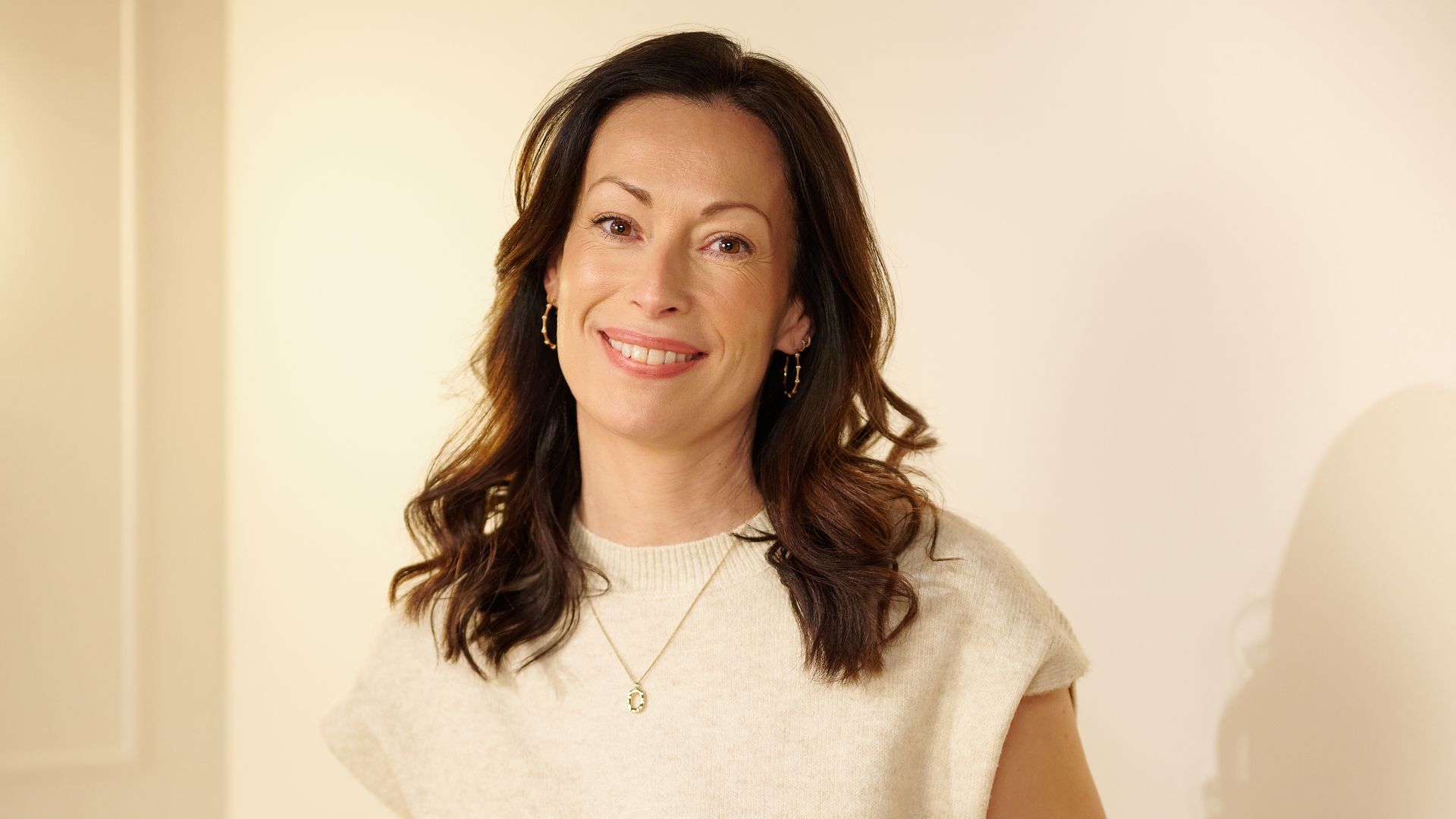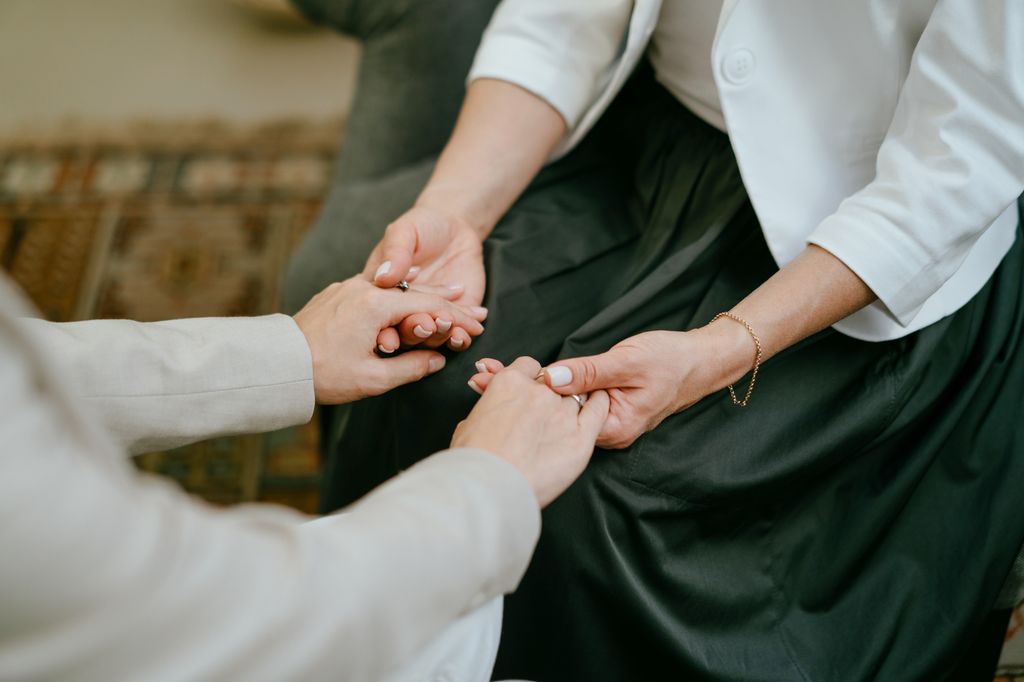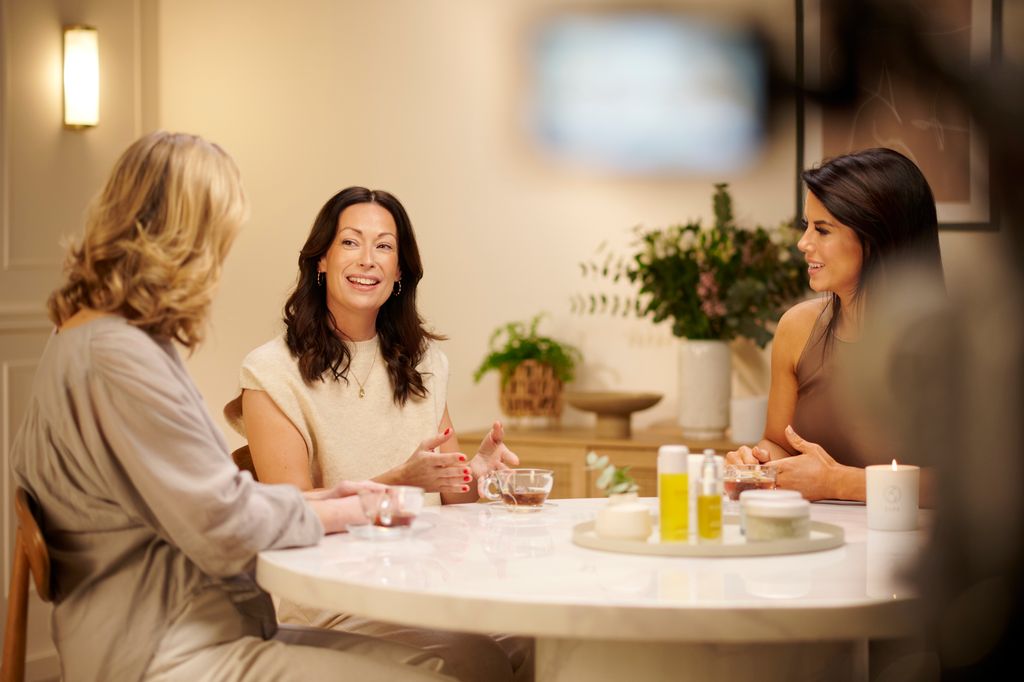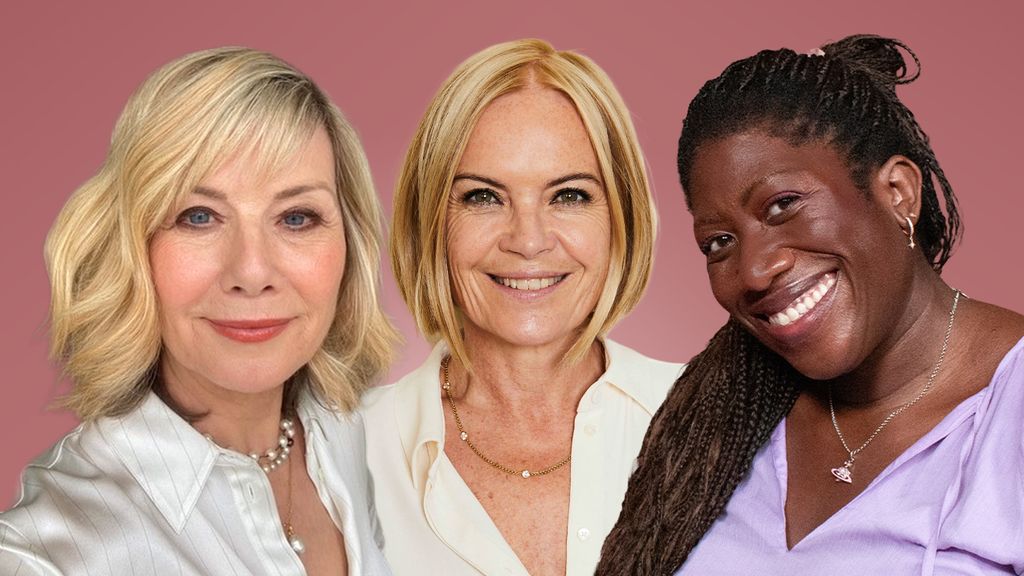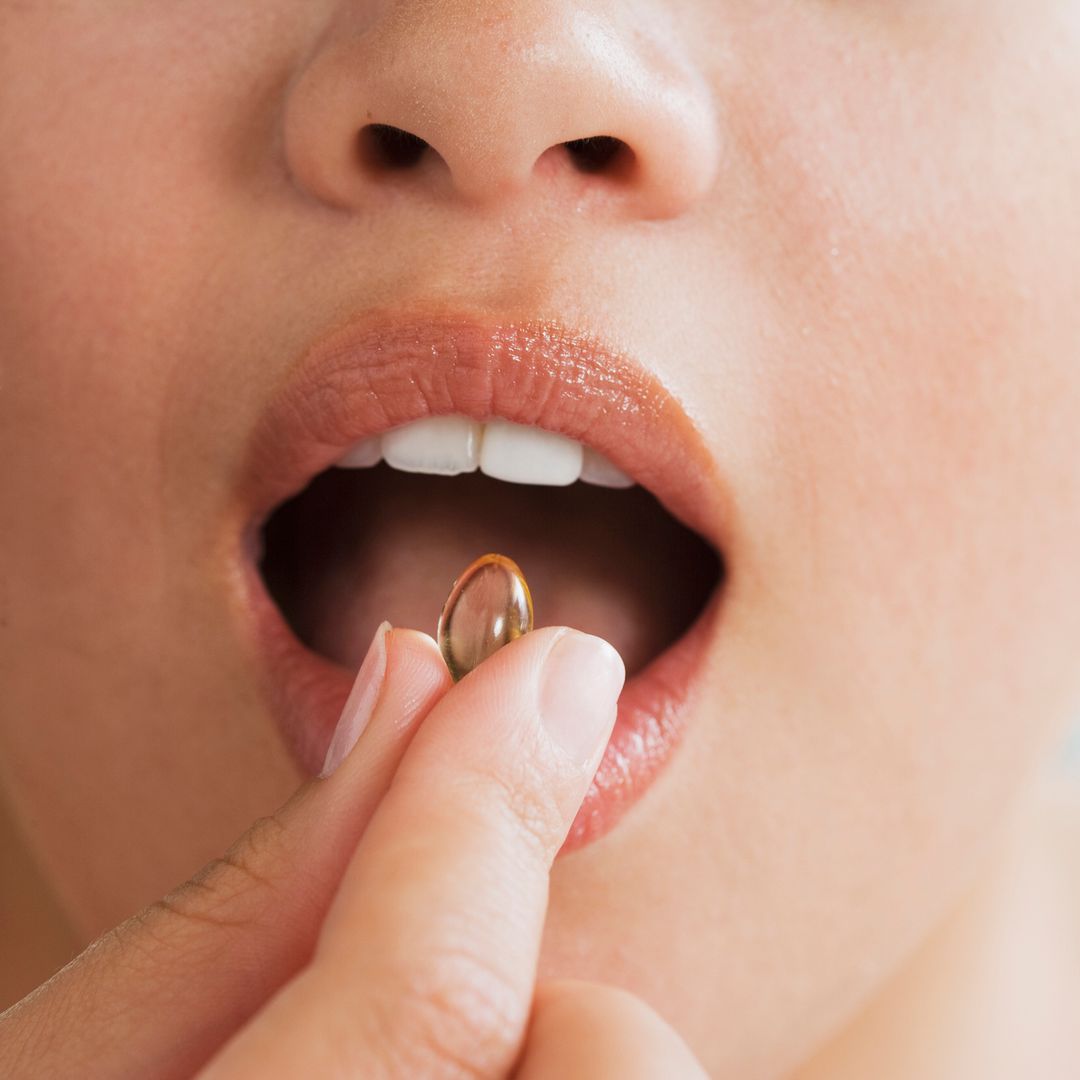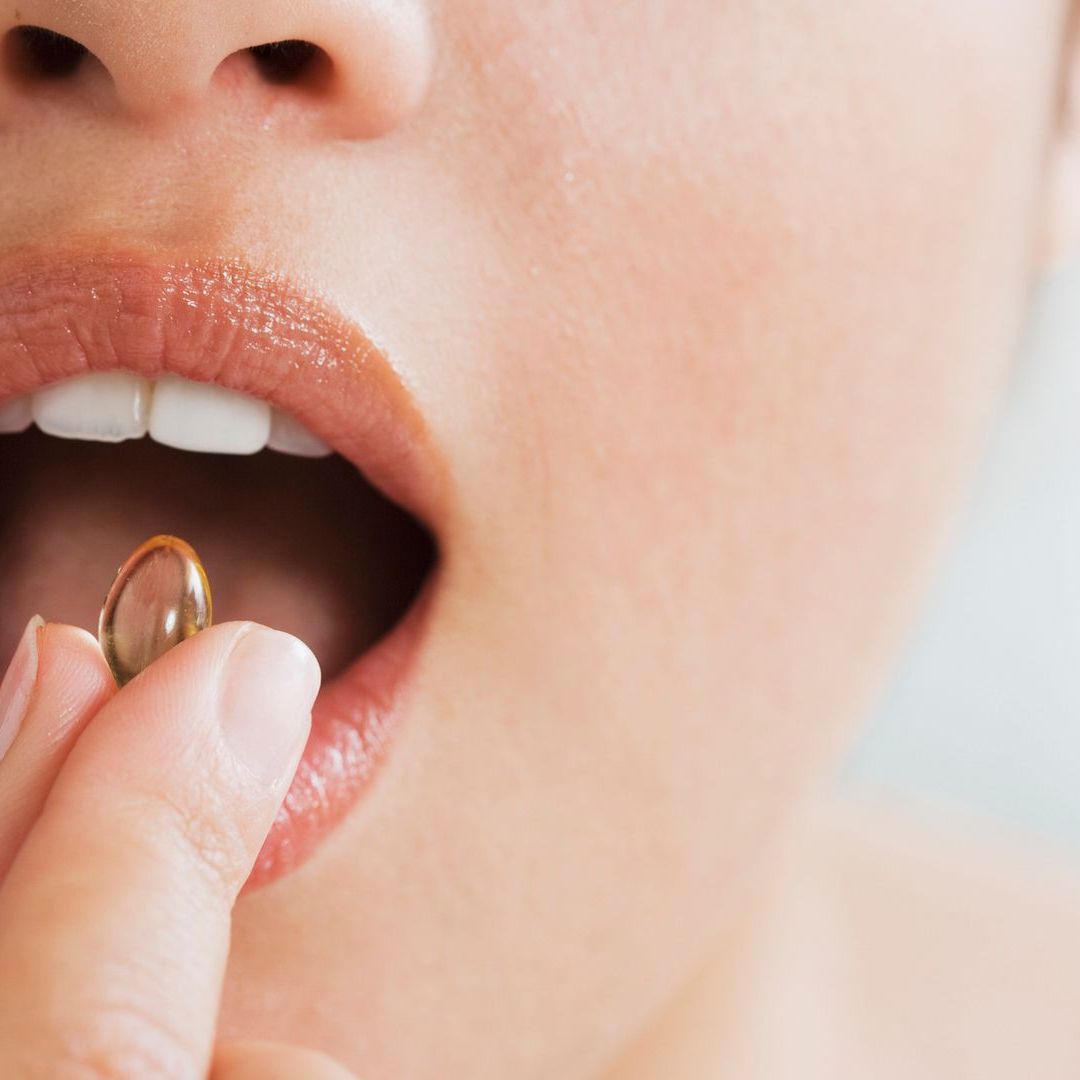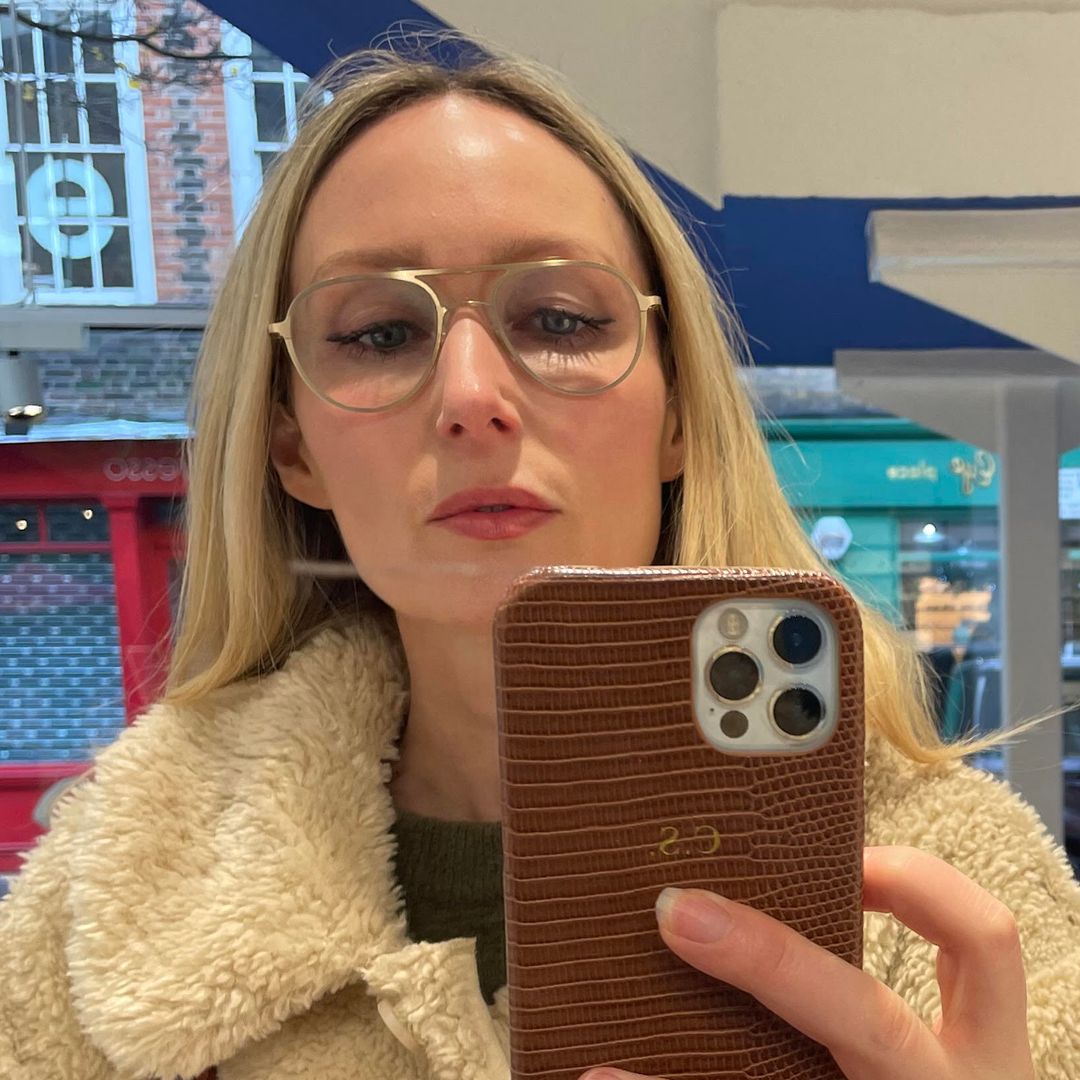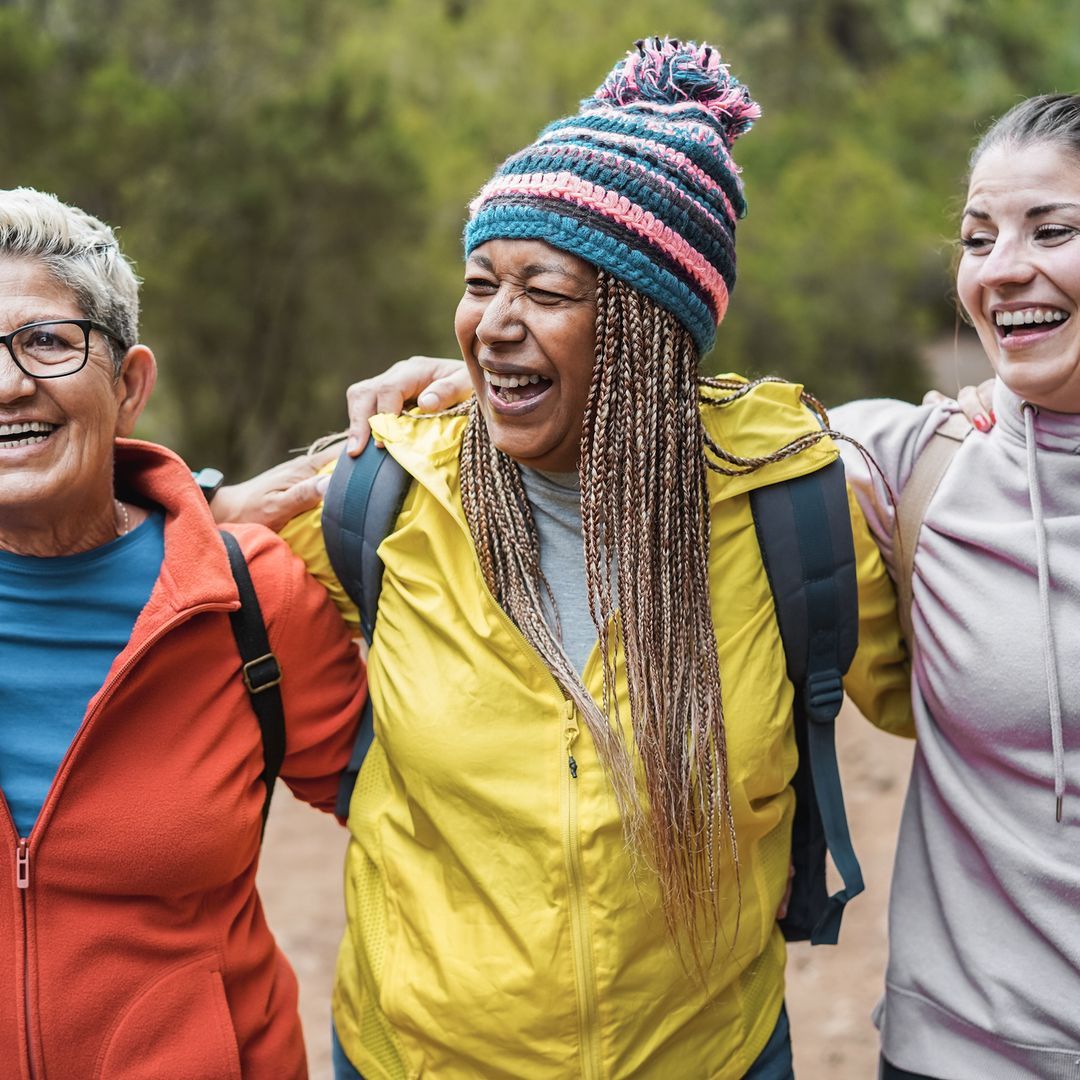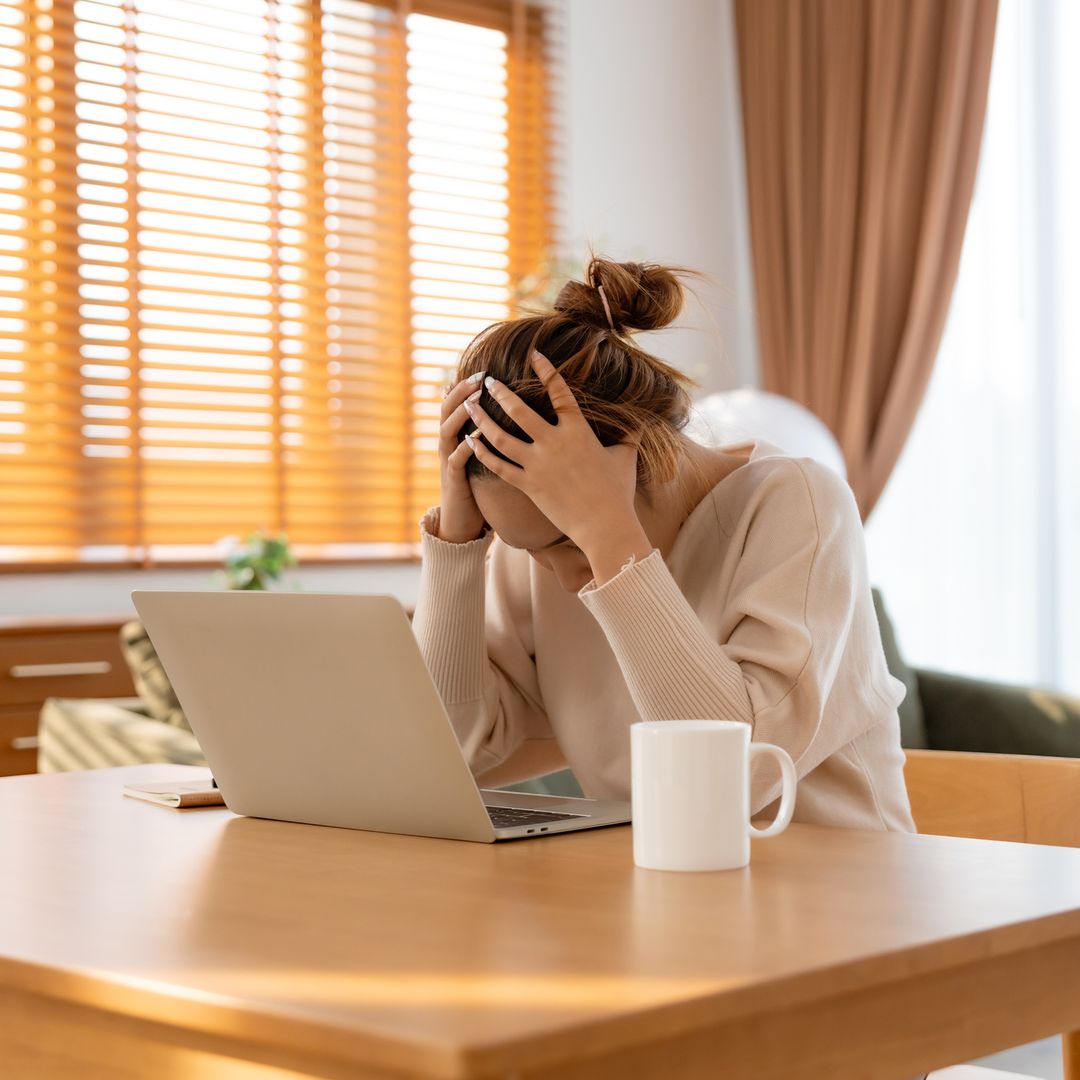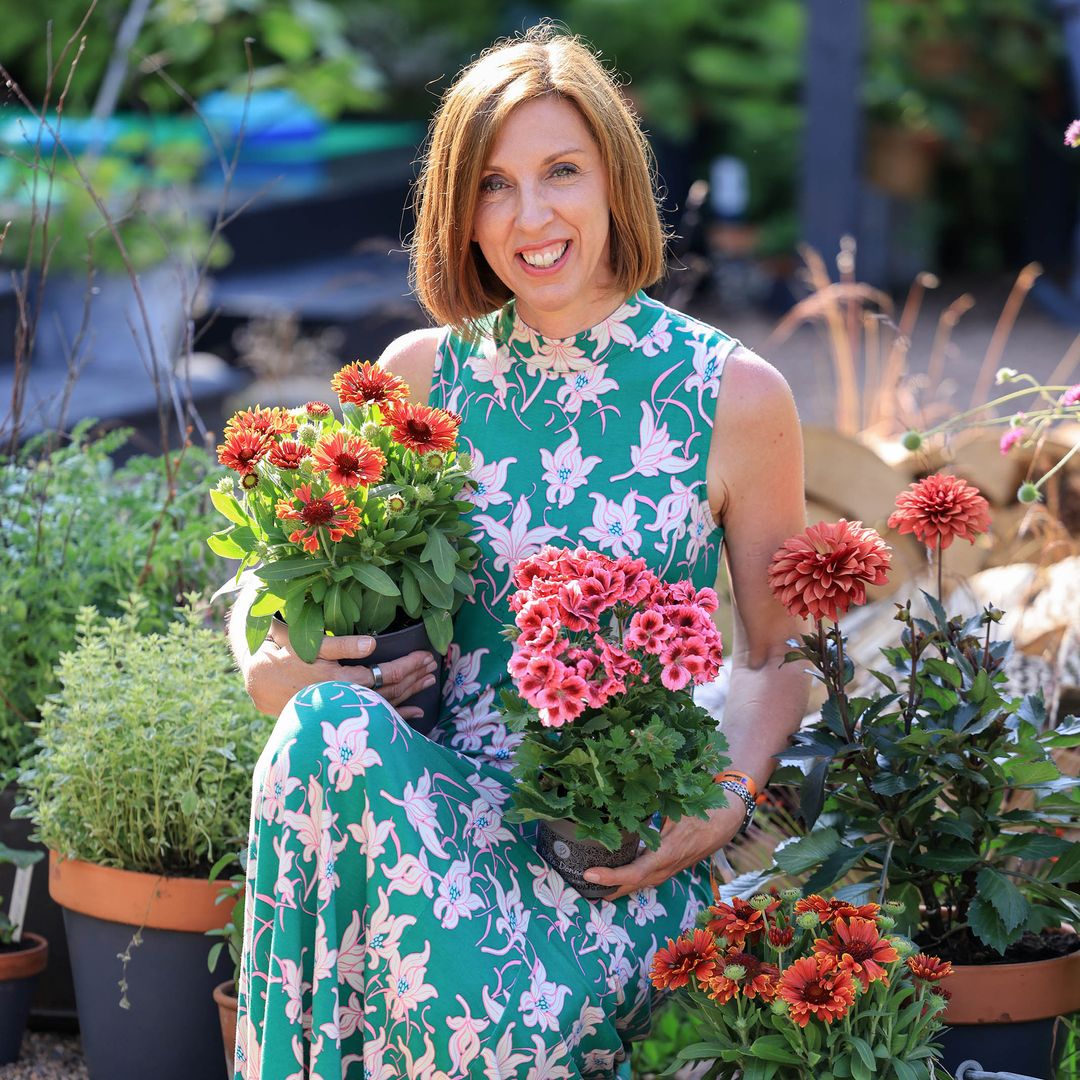When I was 39, a medical specialist told me I was 'seriously menopausal.'
I was diagnosed with premature ovarian insufficiency (POI) at 40 and had no eggs left in my ovaries. I was in disbelief, asking myself, "How can this be happening to me?" I thought menopause was at least a decade away and I imagined that when it arrived, it would come with some hot flushes and that was it.
Instead, my symptoms saw me feeling incredibly stressed, unable to sleep and with heightened emotions, crying at the drop of a hat. My joints were aching and I struggled to get out of bed in the morning.
I wasn't even in my forties and should have been in my prime, but my body was giving up on me and I went through a mini-bereavement.
My experience taught me that I truly knew nothing about menopause, but when I delved into it, it turned out my mum had gone through early menopause too, which means my two daughters are likely to as well.
My biggest blessing is that at 39, I already had two beautiful daughters, but I wanted to let them know that they're likely to follow in my footsteps with an early menopause, so if they want to start planning children, they might need to think about it earlier. I felt I owed it to them to become as clued up as I possibly could, and it spurred me on to train as a menopause coach, to help other women transition into their new era, with as much knowledge as possible
While menopause in my thirties was not how I saw my life panning out, within the menopausal space, I've met my tribe of women who made me feel supported and heard.
READ: Nobody told me menopause would impact my friendships
I host community workshops to help other women feel prepared, and appear on panels for brands such as ESPA to raise awareness. As much as public speaking was completely out of my comfort zone, menopause has given me a voice, courage and confidence to tell my story. If I can help one person within that space, then I feel like my job's done.
What I want others to know about menopause
If I could give other women one piece of advice to prepare for menopause, it would be get to know your body. Track your periods so you know when something isn't quite right.
Get to know your anatomy and don't feel like any question is silly. Listen to your body and tune in and be aware of anything changing.
DISCOVER: Menopause skincare solutions - 10 essentials for menopausal women according to the experts
Don't wait around for symptoms to pass, because the quicker you understand what is happening, the faster you can seek help.
I feel that this generation will be the one to change things, but to do so we need to keep sharing our stories and taking ownership of our experiences.
Follow Emma on Instagram for more practical menopause advice

